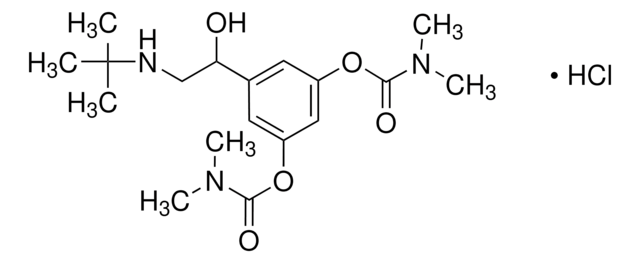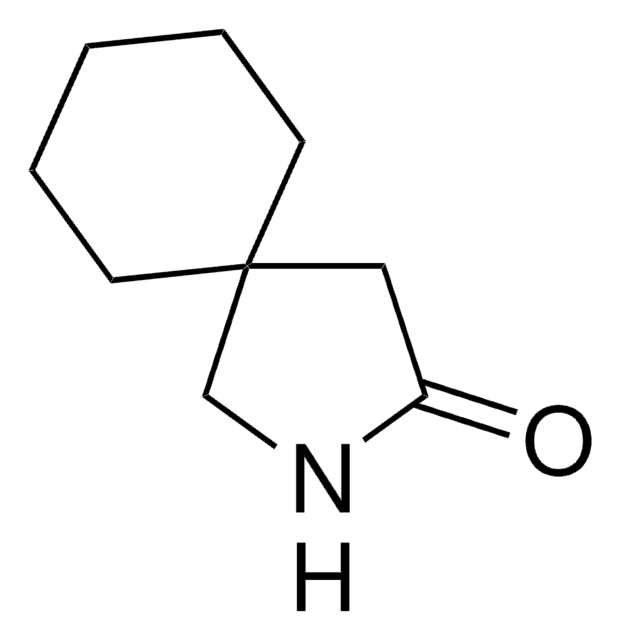40409
3,7-Dimethyluric acid
≥95.0% (HPLC)
Synonym(s):
3,7-Dimethyl-2,6,8-trihydroxypurine
About This Item
Recommended Products
Assay
≥95.0% (HPLC)
mp
≥300 °C
SMILES string
CN1C(=O)NC(=O)C2=C1NC(=O)N2C
InChI
1S/C7H8N4O3/c1-10-3-4(8-6(10)13)11(2)7(14)9-5(3)12/h1-2H3,(H,8,13)(H,9,12,14)
InChI key
HMLZLHKHNBLLJD-UHFFFAOYSA-N
Looking for similar products? Visit Product Comparison Guide
General description
Packaging
related product
Storage Class Code
13 - Non Combustible Solids
WGK
WGK 3
Flash Point(F)
Not applicable
Flash Point(C)
Not applicable
Personal Protective Equipment
Certificates of Analysis (COA)
Search for Certificates of Analysis (COA) by entering the products Lot/Batch Number. Lot and Batch Numbers can be found on a product’s label following the words ‘Lot’ or ‘Batch’.
Already Own This Product?
Find documentation for the products that you have recently purchased in the Document Library.
Our team of scientists has experience in all areas of research including Life Science, Material Science, Chemical Synthesis, Chromatography, Analytical and many others.
Contact Technical Service







